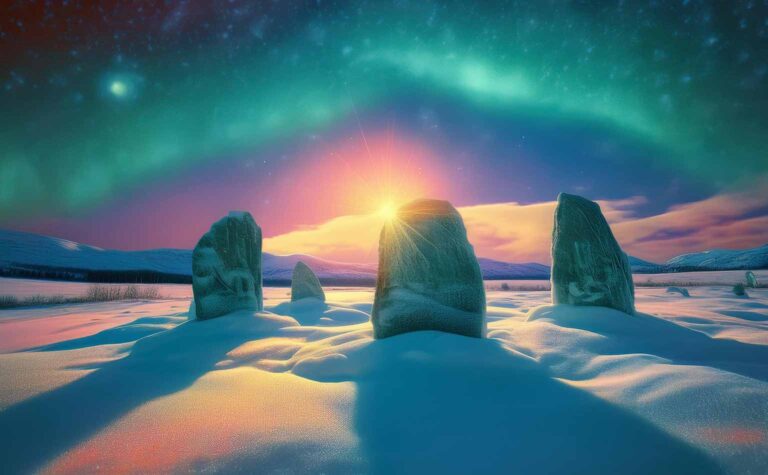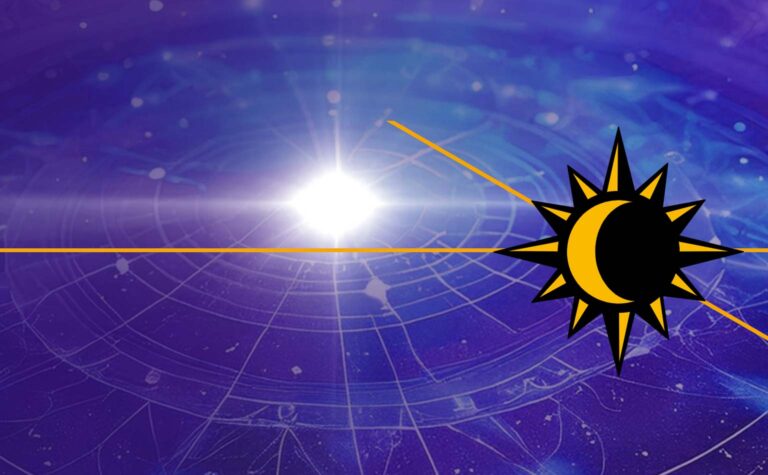I received a message on the answer phone last Thursday from BBC1’s Sunday morning programme, The Big Questions. Would I be interested in taking part in a live debate about life after death? I immediately called back, and spoke to a breathy young researcher.
‘I’ve got your name because of the research you’ve done with Dr Peter Fenwick on death and dying,’ she told me. ‘Do you believed in an afterlife?’
‘I’m not sure,’ I replied. ‘But I don’t think it really matters. I believe the way we die is far more important.’
‘Oh’, she said, clearly disappointed. ‘But the programme is about life after death.’
‘Well, what I can say is that the analysis of our end-of-life studies clearly shows that something extraordinary happens for many people as death nears. For example, some talk about seeing dead relatives who are waiting to “take them away.” These are usually very comforting visions, and help the person to let go and die peacefully.’
‘So you do believe in life after death,’ she said.
‘I’m not saying that. I don’t know if these visions are subjective experiences brought about by the physiological shutting down of brain function, or actual physical apparitions. Very few sitting with the dying see them too. So I can’t say if they prove life after death. They certainly seem to help to lessen the fear of dying, not just for those about to die, but also for the relatives and carers who report what the person describes. They talk about being comforted to know that the dying person is being “looked after”.’
‘Oh,’ said the researcher.
‘And,’ I carried on, ‘I do believe that we need to resolve unfinished business before we die. It seems that people who don’t do that may experience spiritual distress as they near death, which is often misinterpreted as physical pain by their carers.’
‘Oh,’ said the researcher again.
‘Also – and I think this is one of the most astonishing phenomena of life – we seem to be able to choose the moment of death. For instance, some people, even those in a deep coma, have a surge of energy just before they die, which can enable them to become conscious enough to say their farewells. Others seem to wait until everyone’s left the room to die, which can cause a lot of distress to relatives who believe they have let the person down by not being there at the crucial moment. Some hang on against all medical odds until a much loved relative appears, for example, from the other side of the world. They normally die very quickly after that.’
‘So, what about life after death?’ chipped in the researcher.
‘I can only say what I have said to you.’
‘Okay, I’ll check it out with my producer to see if they think you’ll fit in with the programme and get back you,’
I didn’t hear from her again.
I listened to the debate on Youtube, and shared the same disappointment as one viewer who commented, ‘So many words, so little said.’
The debate went over the same old secular and non-secular arguments, which boiled down to belief either wrapped up in religious (mainly Abrahamic) faith and dogma, or categorical dismissal. No one really listening to each other, although the audience was most aroused when Penny Mawdsley for the Sea of Faith network talked about the here and now being more important.
I agree with Penny, and, differing from my end-of-life research colleagues, I hope we never prove there is life after death. I firmly believe we need the mystery and awe of what happens as we die to keep us humble, and ‘God-fearing.’
Being a non-Christian, I use this term lightly. But I do believe that humanity has lost its collective self respect. We, particularly in the West, live in such a spiritually blinded society that we no longer know how to prepare for the different stages of life (as I discovered when writing Sex, Meaning and the Menopause) let alone our death.
Surely a debate on the way we die would be more informative and helpful than the endlessly non-constructive argument that rages around the afterlife.
Synchcronistically, this morning I received a Facebook post from Megory Anderson, author of Sacred Dying. It concerns a very moving film of a cat saying goodbye to its dead feline friend. We could all take a lesson from it.






